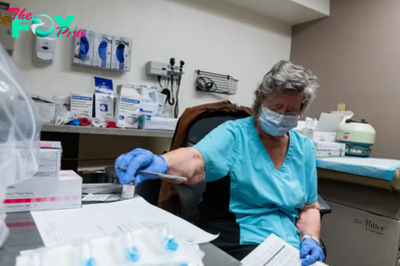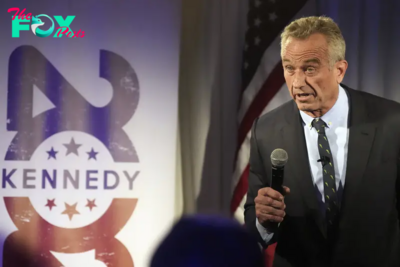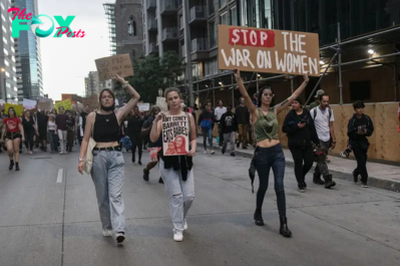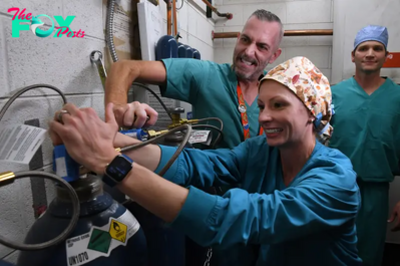Health
Yoga, puppies, tacos: How some Colorado voters are dealing with their election anxiety
Story first appeared in:

Turning herself upside down, silent and still while balancing on her head, is one of the only ways Deborah Baker feels upright in the thick of an anxiety-ridden election season.
Inside the carriage house-turned-yoga studio tucked behind her home in Denver, Baker can shut out the chatter and the clatter of constant clashes between politicians and political parties. Facing a half-dozen other women coping with their own election jitters, she reminds them all to narrow their focus to the present moment, starting by noticing the rhythm of their breath.
“This election is stressful, so we’re going to find ways to manage stress because the stress is there,” Baker, 62, told her Park Hill Yoga students during a recent restorative yoga class. “I like to pretend it’s not there, and it works for a while. When it comes up and it feels like it’s in charge, I use yoga to pause and say, ‘It’s not in charge at all. What’s been in charge with all this is my mind.’”
Baker, who says her class is tailor-made for fighting election-season stress, is among the many voters in Colorado and the U.S. who have been grasping for ways to quiet their nerves and tune out the ever-present political pandemonium as Election Day creeps closer.
Colorado isn’t considered a competitive state in the presidential election this year. But tens of millions of dollars have still been spent here, resulting in a barrage of political text messages, mailers, TV ads and social media posts that have many in the state on edge.
Those unable or unwilling to assume a downward dog pose are pursuing different coping strategies. Some have found comfort by clinging to their communities and leaning on like-minded voters. Others have drawn on humor or activism to keep their minds from spinning.
And anxiety appears to be spreading across party lines, pooling into a generalized sense of uncertainty, said Iris Mauss, a psychology professor at the University of California, Berkeley.
“On both sides of the divide, people are feeling anxiety,” Mauss said. “I think it’s increasingly so because the outcome (of the presidential election) is so close and it’s so high stakes for many of us, and it’s still so uncertain. And those elements together are sort of picture-book anxiety elicitors.”
A lack of personal control in election outcomes is only further heightening emotions, Mauss added.
Finding reasons to laugh and ways to gather together
Laughter has become one outlet for relief among voters in southern Colorado, where the Millibo Art Theatre lined up a set of short plays poking fun at Election Day and the voting process.
Theater opens up a way for audiences to suspend reality for a moment and offers an alternative to screaming at their TV at home, said Jim Jackson, owner of the Colorado Springs theater.
The shows, written by Colorado artists and pulled off by local directors and actors, wraps up with a matinee performance Sunday, setting up people to start what might be an unnerving week on a lighter note.
Jackson, who is 70, called this year’s election, with its bouts of dishonesty and confusion, “one of the most anxiety-producing elections” in his lifetime.
“It certainly is the most surreal election,” Jackson said.
The performances take a “sideways” approach to the election, he noted. One sketch follows a small town council arguing about what kind of sticker they should create for voters to wear after casting their ballot. Another features an election night speed-dating event where hopefuls show up dressed in costume. One person masquerading as Uncle Sam ends up matching with another posing as Betsy Ross.
The off-the-wall plots give people room to laugh, Jackson said, though it’s not coming from a cruel place.
“It’s more we’re laughing at who we are as people and also who we are at this time in this particular strange event that we’re going through right now,” he said.
Other people stewing in election dread might try to suppress their discomfort by either looking for a silver lining in whatever negative outcome they’re bracing for, or by simply accepting their anxiety, said Mauss, the UC Berkeley professor.
“When we’re anxious, our first instinct is, ‘wow, make that go away,’” Mauss said. “But what we found and what others have found is that when we counteract that instinct and sort of take a pause and not necessarily embrace but at least neutrally accept that these emotions are there, they’re not in and of themselves dangerous. They can just be there.”
-

 Health21h ago
Health21h agoCOVID-19’s Surprising Effect on Cancer
-

 Health1d ago
Health1d agoWhat to Know About How Lupus Affects Weight
-

 Health4d ago
Health4d agoPeople Aren’t Sure About Having Kids. She Helps Them Decide
-

 Health4d ago
Health4d agoFYI: People Don’t Like When You Abbreviate Texts
-
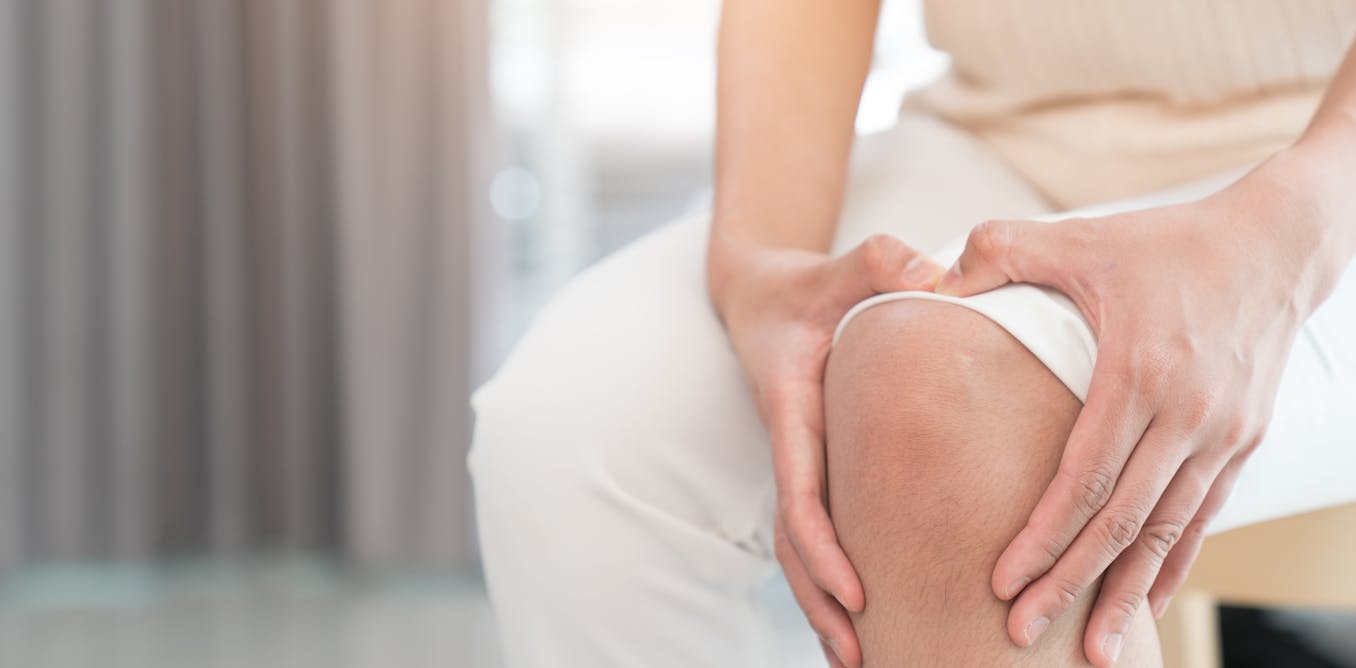
 Health4d ago
Health4d agoKnee problems tend to flare up as you age – an orthopedic specialist explains available treatment options
-
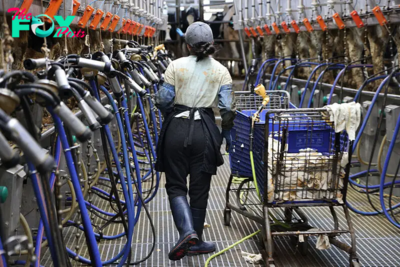
 Health5d ago
Health5d agoIs It Time to Worry About Bird Flu?
-
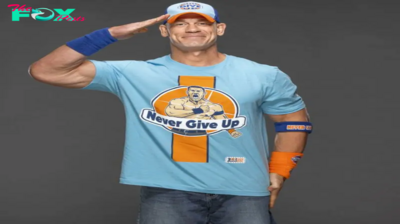
 Health5d ago
Health5d agoJohn Cena’s Workout Routine And Diet Plan: How The WWE Superstar Stays In Shape
-

 Health5d ago
Health5d agoSleep Doctors Share the 1 Tip That’s Changed Their Lives


